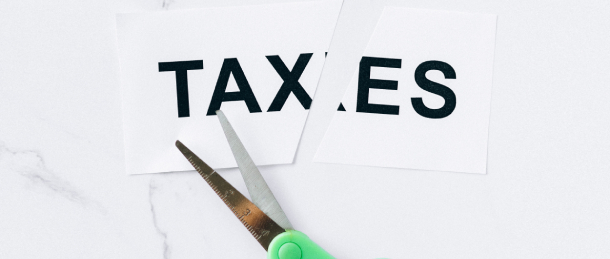Superannuation members likely to benefit from stage three tax cuts later this year but wary of breaching their fund’s balance thresholds should consider investing their taxation savings in their own name to benefit from the changes into the future, according to a technical specialist.
Colonial First State head of technical services Craig Day said the stage three tax cuts due to start from 1 July will apply a 30 per cent rate to incomes between $45,000 and $200,000, representing cuts ranging from 2.5 per cent to 15 per cent across the revised brackets.
Speaking during a recent online briefing, Day added the cuts would result in tax savings of $1875 a year for someone with a $120,000 income, rising to $9075 a year for those on $200,000.
“These are individual tax rates. If you’ve got a high-income-earning couple both earning over $200,000, that’s an additional $18,150 worth of cash flow coming through for them on an annual basis,” he said.
He noted this change would precede the introduction of the Division 296 tax and superannuants close to the $3 million threshold and wary of breaching it, or who had reached their contribution limits, could still invest and benefit from the new brackets.
“If we have clients that don’t have a mortgage debt anymore, and here I’m thinking about a pre-retiree client in their late 50s or early 60s, and are also gun shy about super because they have maxed it out or are worried about the Division 296 tax applying, what could they think about doing instead? “ he said.
“They could just go and invest in their own name.
“The interesting thing is we hear people talking about these $3 million tax changes and what you should do is throw your money into something like an insurance bond or an investment company.
“However, think about the tax rates. If you’ve got a client earning between $45,000 and $200,000, then their tax rate is going to be 30 per cent, which is the same as an insurance bond.
“In that situation there may not be any benefit from investing into something like an insurance bond as they get the same tax outcome by investing in their own name.
“There are other reasons to invest in an insurance bond as they provide great estate planning outcomes or benefits in certain situations, but if it’s purely a tax play, then consider investing in your own name.”




